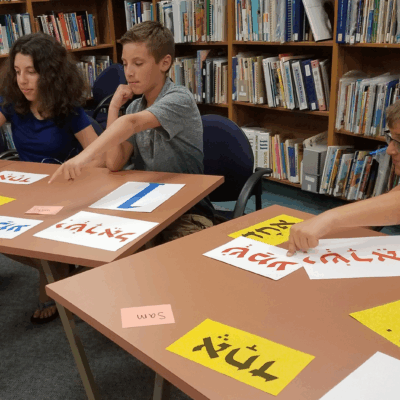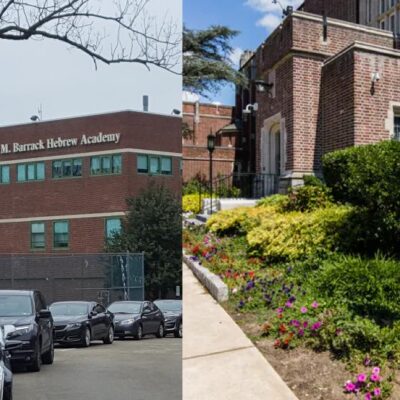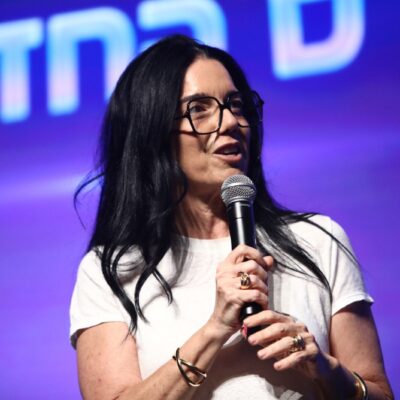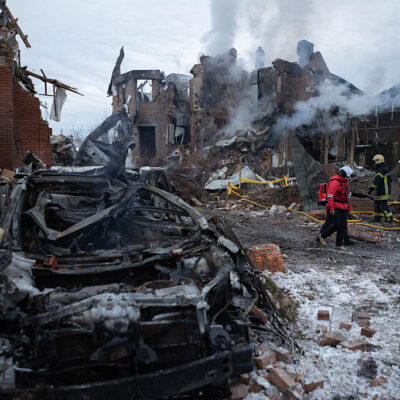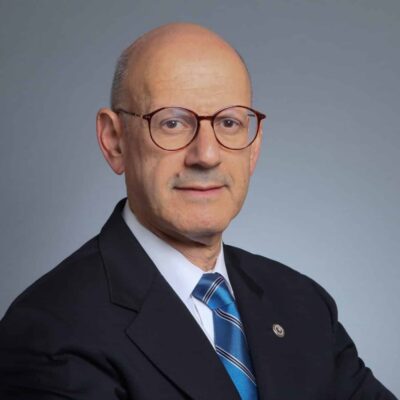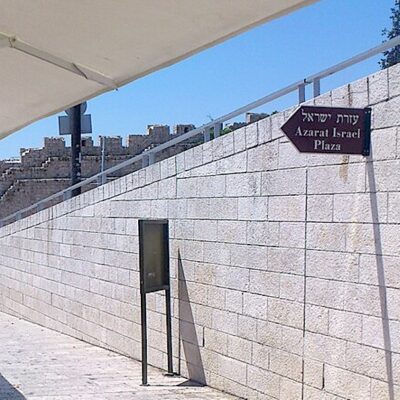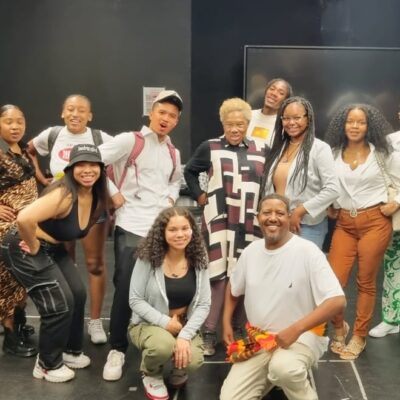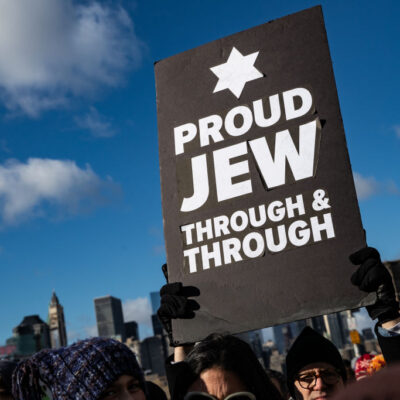The Things We Will Lose

By Rabbi Joel Seltzer
Wednesday I sent out the announcement explaining that for the first time in our 70 year history, our summer camp will not be opening this summer.
These decisions and announcements, happening all over our country during the last several weeks have been painful experiences of loss for campers, parents, and alumni. From the first moment when I realized that the COVID-19 Pandemic truly threatened our summer (March 17th by the way) I recognized this process for what it truly is: mourning.
But what are we mourning? Certainly not anything as profound as life and death itself – something we know so many others are suffering through – so what is it?
So in this data-driven age of metrics, allow me to attempt to quantify the unquantifiable emotional losses of a cancelled summer:
154 campers have lost their first summer. The one they’ve been counting up towards since they were little as they watched their older sibling board the bus. “One day that will be me!” they said. But not this summer. Most, if not all, will be back again. But some perhaps will not; and if they do not return, we must add to our list of loss, the potential for a decade of summer experiences, friends, and deepening Jewish connections for that child.
47 campers have lost their last summer – and this is not a theoretical loss. They are taught (indoctrinated?) from a young age to look forward to this final summer – to be the leaders of camps, madrichim-in-training, running shirah on Shabbat, and putting on the perfect play as a capstone to their experience. They are so deserving of this – and yet it is lost. And while we all dream of finding a creative solution offering them needed closure on their camper experience, we all know that it will not be the same as we had always imagined – and that is loss.
38 Israeli emissaries, our Mishlachat, have lost an opportunity to travel to America, encounter the starry-eyed Diaspora of Jewish summer camp, and to leave inspired about their own future as Israelis and as Jews. Most will not be back, of course. This experience is typically an Israeli ‘gap year,’ post-army, but before university. For many of these young Israelis, this was their summer for a crucial cultural exploration – but it was not to be.
301 staff members were slated to work at our overnight and our day camp this summer. 40 of them having already ‘lost’ their senior year of high school, 8 of them having ‘lost’ their senior year of college, now will have to experience this loss. This summer was meant to teach them to see beyond themselves and into the rewarding world of caring for others. An experience that would give many of them their first taste of staff meetings, agenda items, to-do-lists, and radical creativity. There are also more complicated losses for them to consider: the loss of being overwhelmed by the job and learning the life-lesson that sometimes even our happiest places can be settings of stress and challenge; and the loss of failure, of making a mistake and learning from it, of growing, of being mentored by someone only slightly older than yourself.
At our particular summer camp there will be 156 hours of lost formal education this summer. This means 74 lost hours of daily prayer sessions teaching liturgical literacy and spirituality, it means 41 hours of lost Hebrew language and Israeli culture, and it means losing 41 hours of sitting under the shade of the elm tree and talking about God.
What are more difficult to quantify are the countless moments of lost informal education that we will miss this summer: the side conversations after services, the personal Jewish mentors, the Heschel book passed between friends.
There will be 6 rainbows that appear over our campgrounds this summer, but not a single one of them will be greeted by the appropriate Jewish blessing.
We will lose an estimated 37 first-kisses this summer – and we will also lose an estimated 2 campers who feel safe enough to share their true selves with their bunkmates.
And we are likely to lose the chance of at least one couple who would find themselves married someday raising little campers of their own. Perhaps all of this is perfectly waiting for us next summer? But perhaps it is lost forever.
The economic loss of this summer is perhaps the only thing that is truly quantifiable – and it is the one loss that truly threatens the ‘temporary’ nature of this crisis – but it is also the least emotionally-expensive of all of our losses.
So what can we do in the face of all this loss? The first step, our tradition teaches, is to mourn. To leave space for the tears and the silent sighs over the countless lost moments of a summer that should have been. To come together as a community and to support each other through this time of sorrow.
And then we will get up again and do what camp people do – plan for summer again.
Rabbi Joel Seltzer is the Executive Director of Camp Ramah in the Poconos, and he is sad today.

 Add EJP on Google
Add EJP on Google